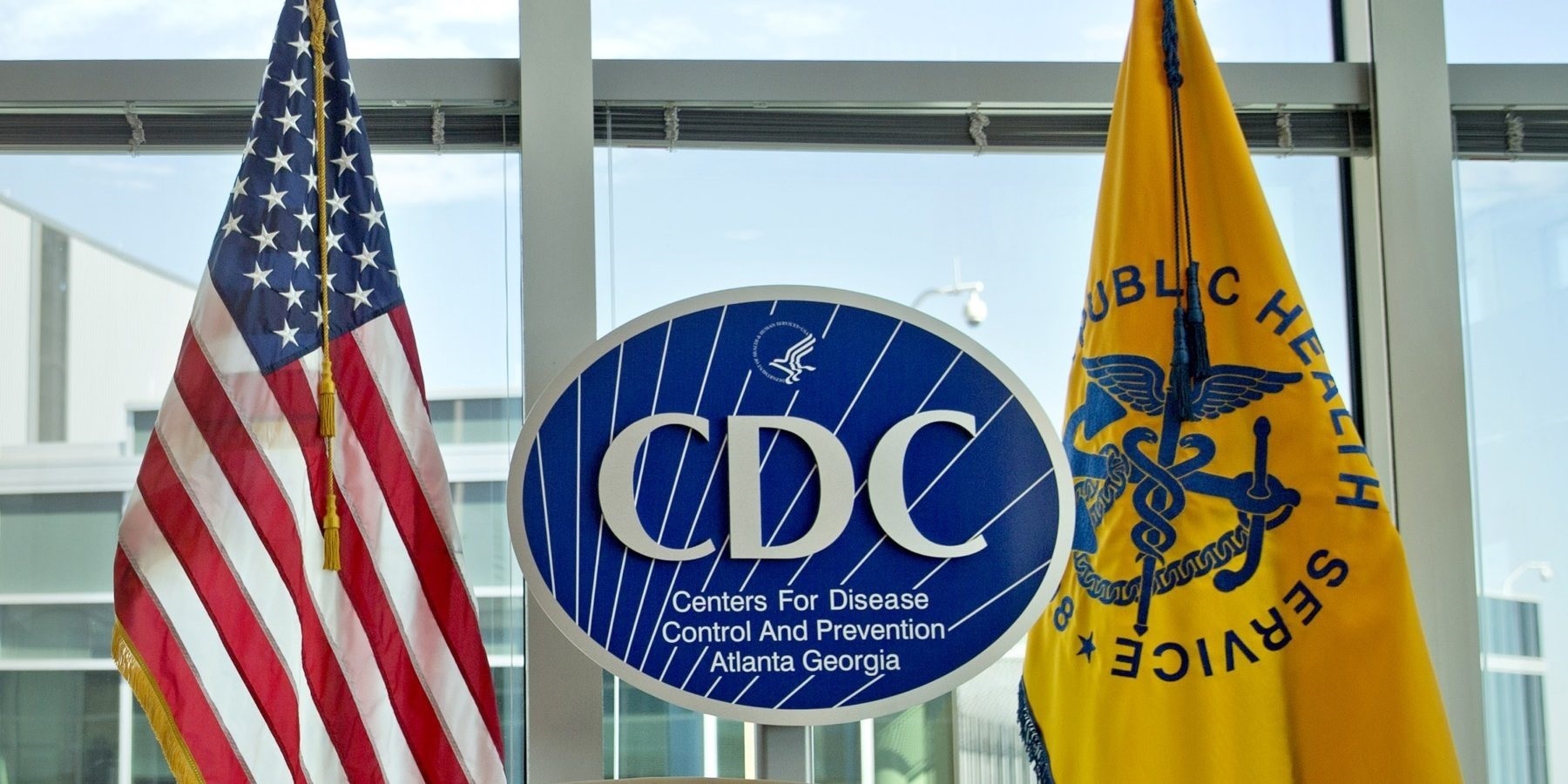Updated at 7 p.m., April 9
A large outbreak of hepatitis A infections continues to concern Georgia public health officials.
Since June of last year, 214 cases have been reported in the state, including 64 last month alone, said Cherie Drenzek, the state epidemiologist, at a Tuesday board meeting of the Georgia Department of Public Health.
One person has died, she said.
Georgia is one of 18 states currently experiencing a large number of cases of the highly contagious liver infection. GHN first reported on the Georgia hepatitis A surge last month.
The Rome area in the northwest corner of the state is being hit especially hard, Drenzek said Tuesday, with 89 of the infections recorded there. Other areas affected include Dalton, Augusta and Fulton County, she added. Two-thirds of the Georgia patients have been hospitalized.
The outbreak ‘‘is tremendously challenging and costly to control,’’ she said.
Meanwhile, another disease is drawing health officials’ attention here.
Public Health said late Tuesday that 17 Georgians have been sickened in a mystery E. coli outbreak across five states. Centers for Disease Control and Prevention and Public Health officials are investigating to find the source of the E. coli, which has affected 96 people overall. Three Georgians have been hospitalized, state health officials say.
Hepatitis A can range from a mild illness lasting a few weeks to a severe illness lasting several months.
Public Health is focusing its prevention strategy on targeting drug users, the homeless and men who have sex with men, saying they account for a large number of infections. Health officials are offering screening and vaccination to these groups, as well as people who are incarcerated and those with HIV or chronic liver disease.
Extra doses of vaccine for hepatitis A are going to Rome and other high infection areas, said Sheila Lovett, immunization program director.
Nationally, there have been more than 15,000 cases reported in an ‘‘explosive spread’’ of the disease, with 140 deaths, Drenzek said.
Symptoms of hepatitis A can include nausea, vomiting, abdominal pain, loss of appetite, fever, diarrhea and headache. It is usually transmitted from person to person through the fecal-oral route or consumption of contaminated food or water.
Most people who get hepatitis A feel sick for several weeks, but they usually recover completely and do not have lasting liver damage, the CDC says.
In rare cases, hepatitis A can cause liver failure and death. This is more common in people older than 50 and in people who also have other liver diseases.
More than 90 percent of Georgia schoolchildren have received a vaccination for hepatitis A, officials said.
The Advisory Committee on Immunization Practices recommends that the following groups be vaccinated against hepatitis A:
- All children age 1 or older
- Men who have sex with men
- Illicit drug users (injection or non-injection)
- Household members and close personal contacts of people with hepatitis A infection
- People who are homeless
- Travelers to countries where hepatitis A is common
- People with chronic liver disease, including hepatitis B and/or hepatitis C
Still Looking For The E. Coli Source
E. coli are bacteria found in the environment, some foods and in the intestines of people and animals. The CDC says that although most strains of E. coli are harmless, others can make you sick. Some kinds of E. coli can cause diarrhea, while others cause urinary tract infections, respiratory illness and pneumonia, or other illnesses.
The CDC said that as of Tuesday, 96 cases in five states have been reported in connection with the latest outbreak.
The investigation is still ongoing, and so far no specific food item, grocery store or restaurant chain has been identified as the source of infections.
Exposure can come from unpasteurized milk or juices, meat and produce.
One way to prevent infection is to wash hands after using the restroom or changing diapers, before and after preparing or eating food, and after contact with animals.
At the outset of its meeting, the Public Health board presented a proclamation honoring Dr. Patrick O’Neal, the former commissioner of the agency.
He has been succeeded by Dr. Kathleen Toomey, an epidemiologist and longtime public health official who at one time was director of Public Health when it was part of a larger state agency.
Andy Miller is editor and CEO of Georgia Health News






